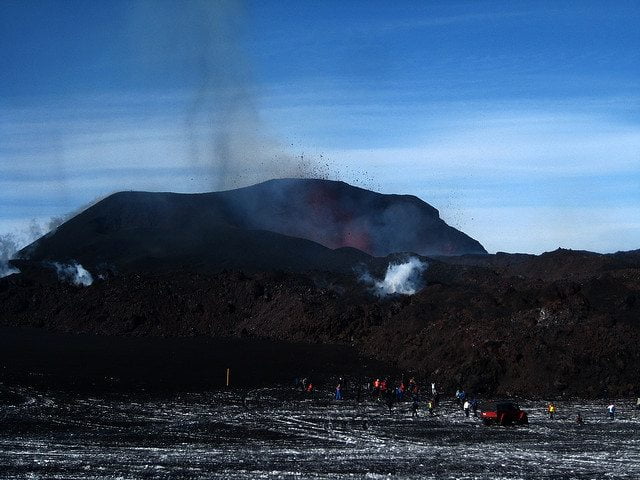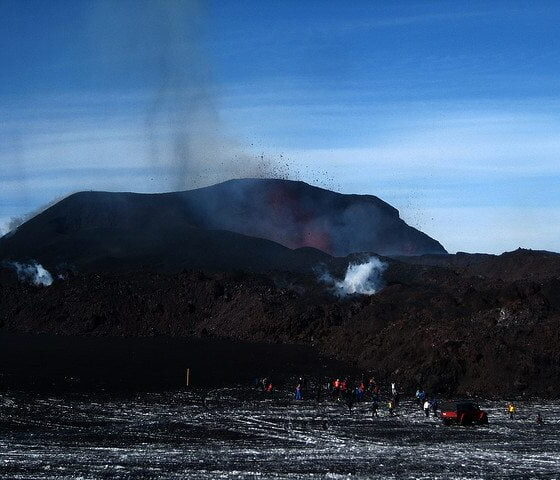

Energy
Iceland could double geothermal energy output to help power Europe
The volcanic North Atlantic island Iceland could be set to double its geothermal output from its current 17 terawatt hours (TWh) of electricity, in a bid to help power homes in mainland Europe over the next few years.
The electricity will be channelled to the continent via a 1,170-kilometre (771-mile) submarine cable, the world’s largest.
The project to develop Iceland’s geothermal capacity could cost up to €2 billion, with the government estimating that 75% of the country’s reserves have not yet been utilised.
Hydropower from the nation’s glaciers currently accounts for around 73% of national electricity production, with the rest generated from geothermal sources. But that could soon be ramped up.
According to Bloomberg, Hordur Arnarson, CEO at Landsvirkjun – Iceland’s largest energy company which produces 70% of the island’s electricity – said in an interview in May, “The conditions are in place for Iceland to produce 30 to 35 terawatt hours, should that be the decision of the authorities.”
He added, “Producing that much energy would still protect a great deal of areas that we want to preserve.”
In 2012, an agreement was made between the UK and Iceland to investigate the Scandinavian country’s volcanoes, with hope of them being used to supply power to the UK.
This was replicated in an agreement with Norway in the same year, to share renewable energy reserves, linking the UK to Scandinavia’s expansive renewable energy potential.
Arnarson also said, “The more we look at this project, the more positive feedback we get. Over the past two years we’ve moved closer to this project becoming a reality.”
This comes at a time when Europe is facing pressure from its Russian controlled energy supplies, placing greater emphasis on finding a renewable source that bypasses anti-EU politics.
Photo: Börkur Sigurbjörnsson via Flickr
Further reading:
UK geothermal industry receives boost after Iceland agreement
UK and Norway in energy collaboration
Wind partnership for UK and Denmark
Five renewable energy lessons from Germany’s energiewende


 Environment12 months ago
Environment12 months agoAre Polymer Banknotes: an Eco-Friendly Trend or a Groundswell?

 Features11 months ago
Features11 months agoEco-Friendly Cryptocurrencies: Sustainable Investment Choices

 Features12 months ago
Features12 months agoEco-Friendly Crypto Traders Must Find the Right Exchange

 Energy11 months ago
Energy11 months agoThe Growing Role of Solar Panels in Ireland’s Energy Future


























